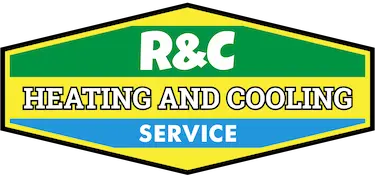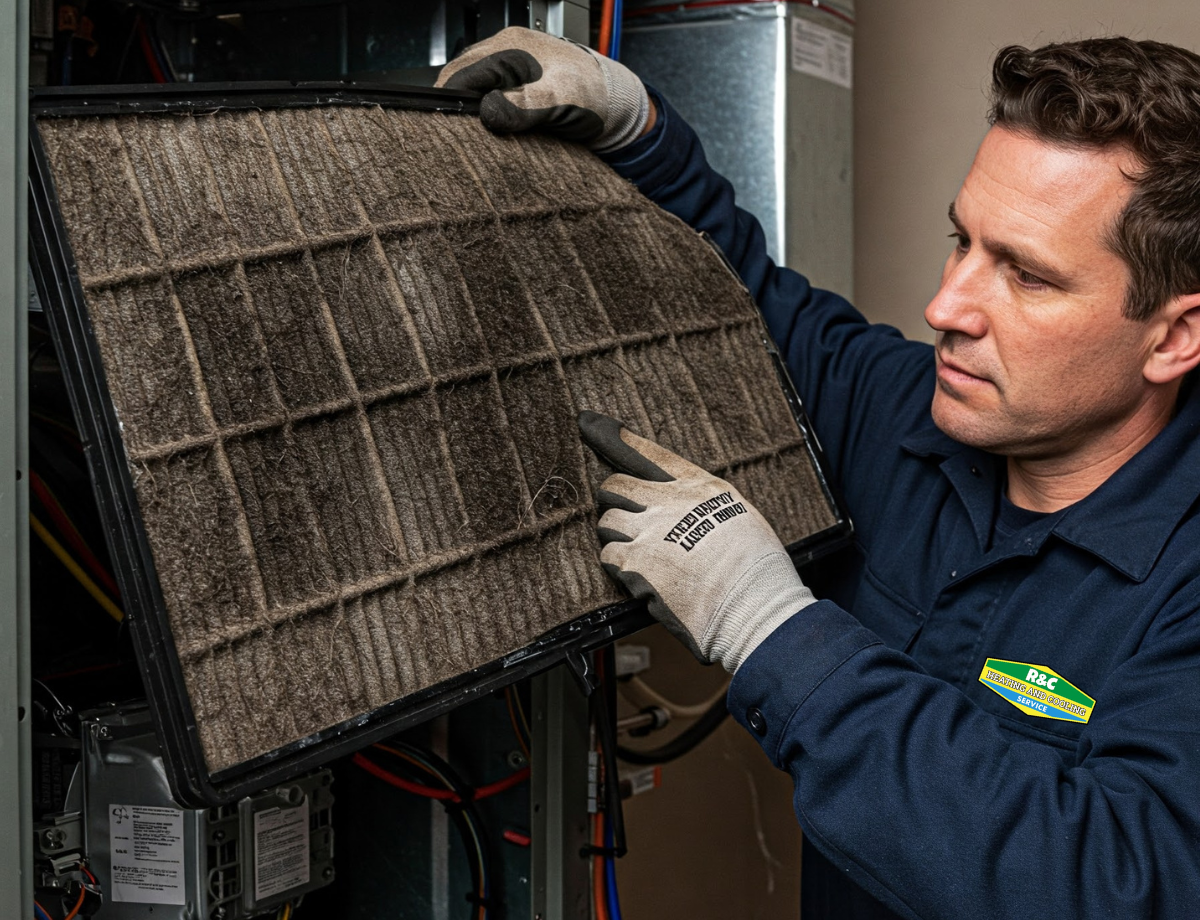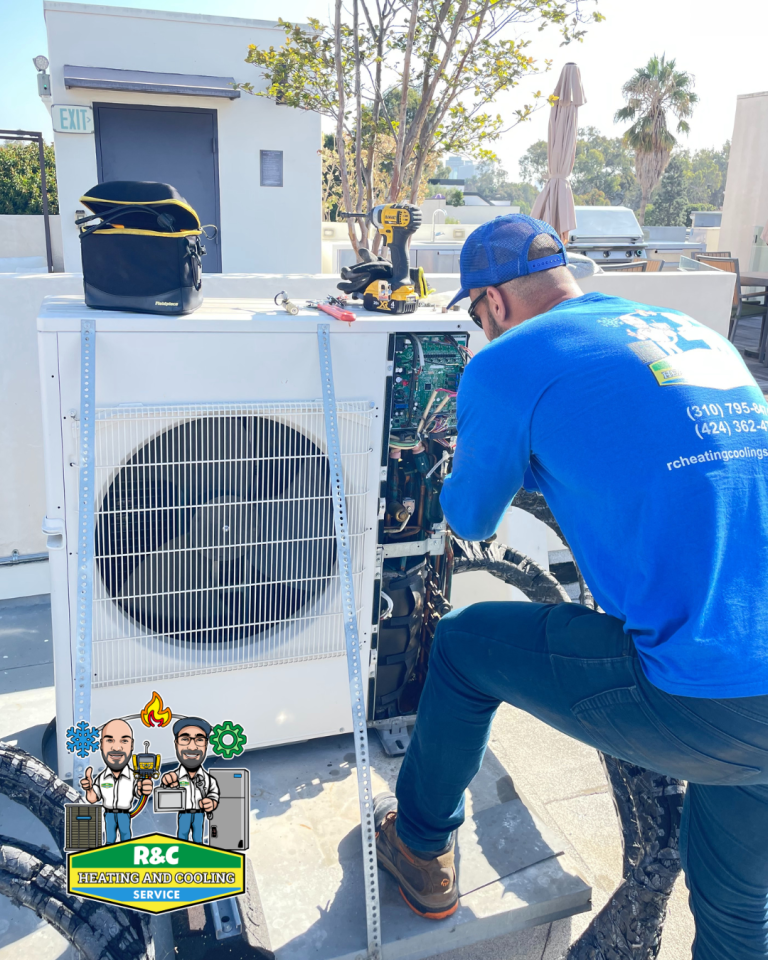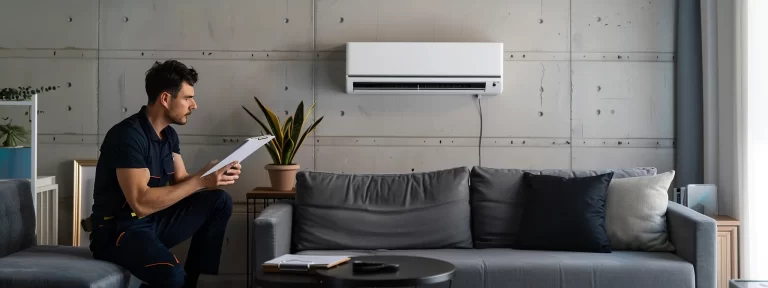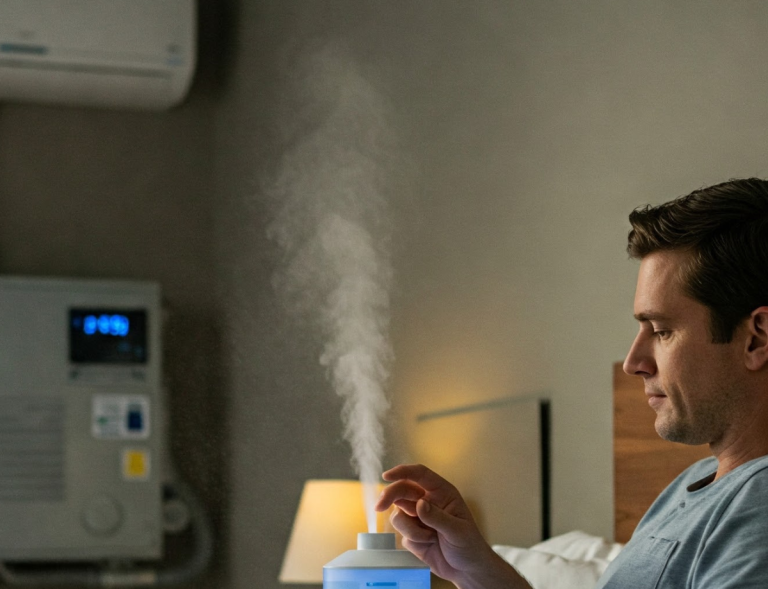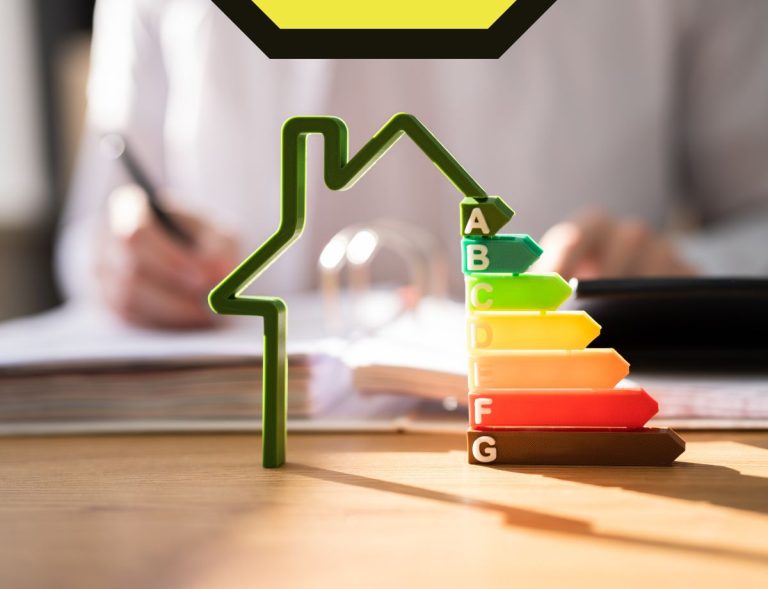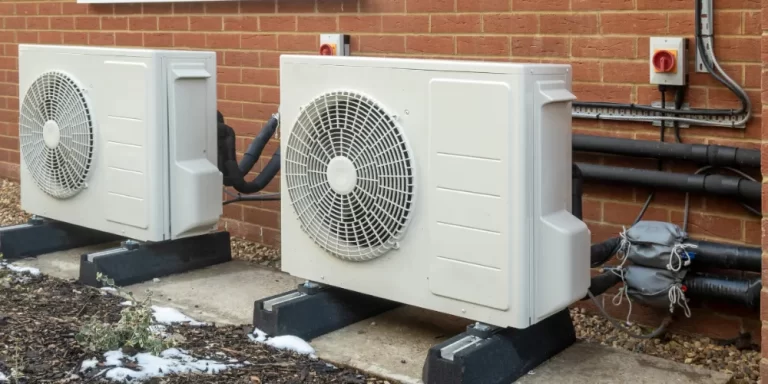The HVAC Filter: Your Best Friend for a Healthy Home and an Efficient System.
The Unsung Hero of Home Comfort and Health
In the realm of home maintenance, few tasks are as consistently overlooked as changing the HVAC filter. Often relegated to the bottom of the to-do list, this simple act holds the key to a healthier home, a more efficient HVAC system, and a significant reduction in unexpected breakdowns. Think of your HVAC system as the circulatory system of your home, and the filter as its vital kidneys, purifying the air that keeps everyone breathing easy. A dirty filter, then, is akin to clogged arteries, restricting airflow and placing undue stress on the entire system.
Table of Contents
The Silent Struggle: What a Dirty Filter Does to Your HVAC?
Imagine trying to breathe through a thick cloth. That’s essentially what your HVAC system is doing when it’s forced to push air through a clogged filter. The consequences are far-reaching:
- Reduced Airflow: A dirty filter obstructs the free flow of air, forcing your system to work harder to achieve the desired temperature. This increased strain leads to higher energy consumption and, consequently, higher utility bills.
- Overheating: When airflow is restricted, the components within your HVAC system, particularly the furnace or air conditioner, can overheat. This can lead to premature wear and tear, and in severe cases, component failure.
- Increased System Strain: The constant struggle to push air through a dirty filter puts immense strain on the blower motor, compressor, and other vital components. This strain significantly shortens the lifespan of your HVAC system, leading to costly repairs or premature replacements.
- Uneven Heating and Cooling: A dirty filter can cause uneven temperature distribution throughout your home. Some rooms may be too hot, while others remain too cold, creating discomfort and inefficiency.
- Frozen Evaporator Coils: In air conditioning systems, restricted airflow can cause the evaporator coils to freeze. This not only impairs cooling performance but can also lead to water damage as the ice melts.
- Increased Energy Consumption: All of the above factors contribute to a significant increase in energy consumption. Your HVAC system has to work harder and longer to maintain the desired temperature, resulting in higher utility bills.
The Invisible Threat: How a Dirty Filter Impacts Indoor Air Quality?
Beyond the mechanical strain on your HVAC system, a dirty filter poses a significant threat to your indoor air quality. Here’s how:
- Allergen Accumulation: Dirty filters become breeding grounds for dust mites, pollen, pet dander, mold spores, and other allergens. These particles circulate throughout your home, triggering allergies, asthma, and other respiratory problems.
- Dust and Debris Circulation: A clogged filter can no longer effectively trap dust and debris, allowing these particles to circulate throughout your home. This can lead to increased dust accumulation on furniture, carpets, and other surfaces, making cleaning more challenging.
- Mold and Bacterial Growth: In humid environments, dirty filters can become a breeding ground for mold and bacteria. These microorganisms thrive in the moist environment created by accumulated dust and debris, posing a serious health risk, especially for individuals with respiratory sensitivities.
- Reduced Effectiveness of Air Purification: If you have an air purifier integrated with your HVAC system, a dirty filter will significantly reduce its effectiveness. The purifier will struggle to pull air through the clogged filter, rendering it less efficient at removing pollutants.
- Increased Risk of Respiratory Issues: The accumulation of allergens, dust, mold, and bacteria in your indoor air can significantly increase the risk of respiratory problems, especially for children, the elderly, and individuals with pre-existing conditions.
The Solution: Regular Filter Changes and Proactive Maintenance.
The solution to these problems is simple: regular filter changes. Here’s a comprehensive guide:
- Frequency: The recommended frequency for filter changes is every 1-3 months. However, this can vary depending on factors such as:
- The type of filter: Higher-efficiency filters may need to be changed more frequently.
- The presence of pets: Pet dander and fur can quickly clog filters.
- The level of dust and pollen in your area: If you live in a dusty or pollen-rich environment, you may need to change your filter more often.
- The frequency of HVAC system usage: If you use your HVAC system frequently, you may need to change your filter more often.
- Filter Types: There are various types of HVAC filters available, each with its own level of filtration efficiency.
- Fiberglass filters: These are the least expensive option but offer minimal filtration.
- Pleated filters: These offer better filtration than fiberglass filters and are a good balance of cost and performance.
- HEPA filters: These are the most efficient filters, capable of trapping very small particles, but are also the most expensive.
- Proactive Maintenance: In addition to regular filter changes, consider these proactive maintenance tips:
- Schedule annual HVAC system inspections by a qualified technician.
- Clean your ductwork regularly to prevent dust and debris buildup.
- Maintain proper humidity levels in your home to prevent mold growth.
- Consider using an air purifier to supplement your HVAC system’s filtration.
- Set Reminders: Because life gets busy, and these items can slip our minds, set reminders on your phone, or in your calendar, to change the filters. This will insure that this important task is done on time.
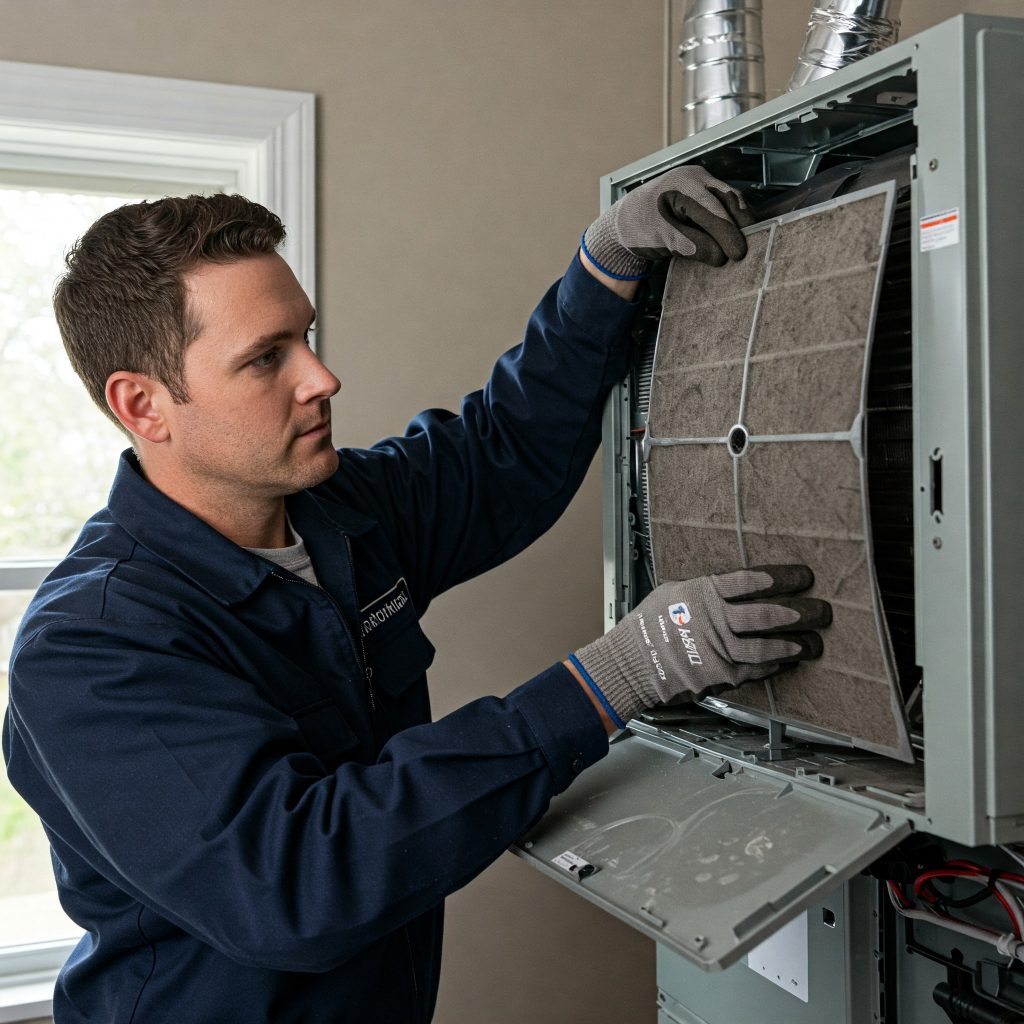
The Long-Term Benefits: A Healthy Home and a Happy HVAC System.
Investing in regular filter changes and proactive HVAC maintenance yields significant long-term benefits:
- Improved Indoor Air Quality: Breathe easier knowing that your indoor air is clean and free of harmful pollutants.
- Reduced Energy Bills: Enjoy lower utility bills thanks to a more efficient HVAC system.
- Extended HVAC System Lifespan: Protect your investment by extending the lifespan of your HVAC system.
- Fewer Repairs and Breakdowns: Minimize the risk of unexpected repairs and breakdowns, saving you time and money.
- Enhanced Comfort: Experience consistent and comfortable temperatures throughout your home.
In conclusion, your HVAC filter is indeed your system’s best friend. By prioritizing regular filter changes and proactive maintenance, you can ensure a healthier home, a more efficient HVAC system, and a more comfortable and enjoyable living environment. Don’t underestimate the power of this simple task – it’s an investment in your health, your home, and your peace of mind.
